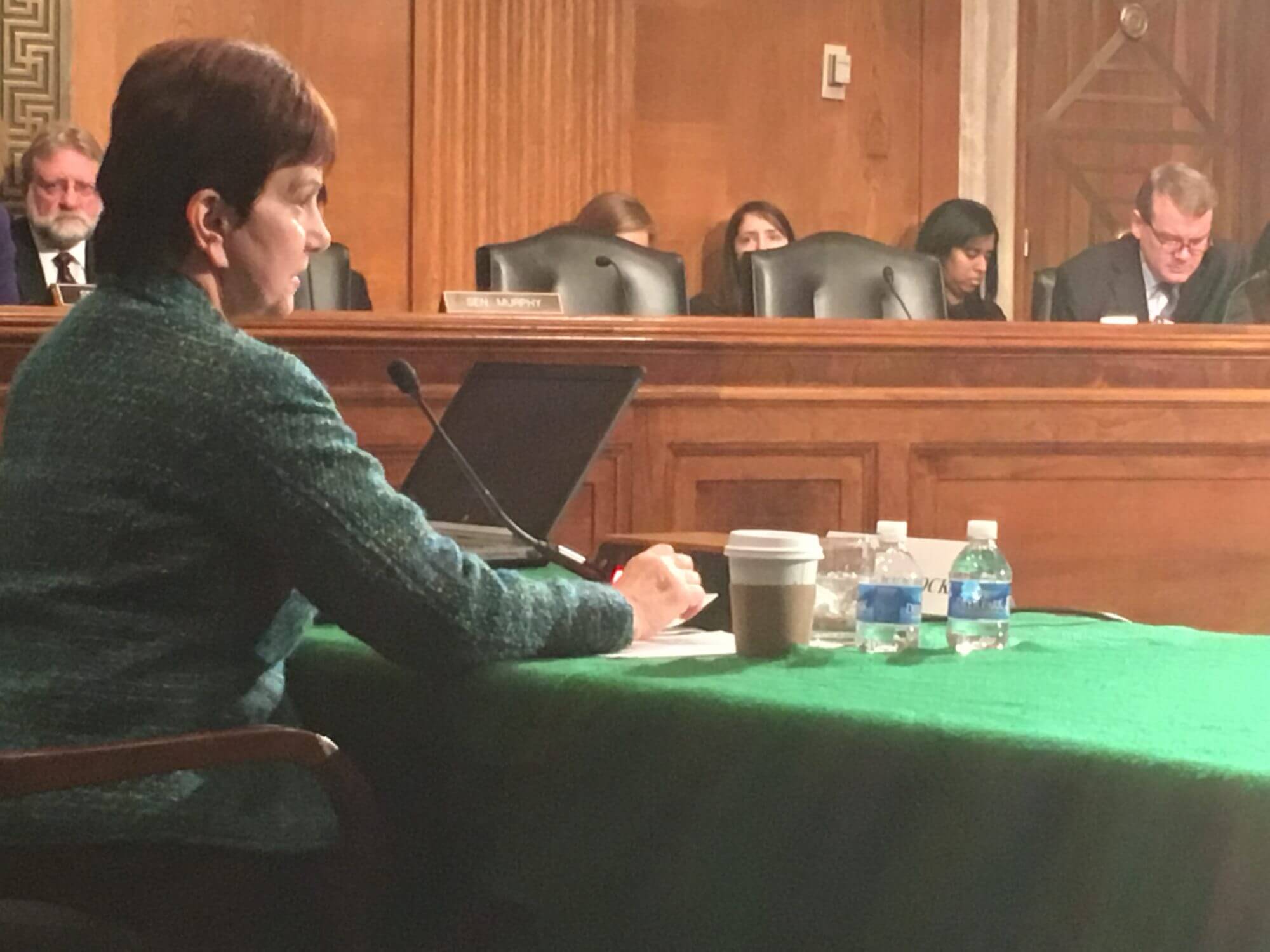WASHINGTON — The Food and Drug Administration may not have the authority to speed up approval of generic drugs in response to price spikes of brand-name versions and competing generics, the head of the FDA’s drug evaluation center said Thursday.
The FDA does have the authority to fast-track approval of so-called “first generics,” which are the first generic version of a brand drug, and generics needed to supplement drug shortages, Janet Woodcock said.
But it doesn’t have rules to rush review for competing generics if prices for a drug dramatically increase, Woodcock told the Senate health committee, and it doesn’t know how to define such spikes.
“We don’t have the expertise. We’re not economists,” she said. “There’s certainly some legal ambiguity there.”
However, when pressed by Democratic Sen. Elizabeth Warren, Woodcock said it would be possible for the agency to undertake the fast-tracking if it had a clear definition of when to intervene and authority to do so from Congress.
Recently, several long-time generic drugs have spiked. For instance, in 2014 Doxycycline, an antibiotic, jumped from $20 a bottle to nearly $2,000.
Woodcock said orphan drugs—drugs that treat very serious, but rare, illnesses—and drugs with small markets are the most susceptible to price spikes.
Extremely high prices for new drugs, such as the $100,000 price tag for treatment for hepatitis C, have been criticized by many for making care inaccessible to many patients.
Last September, outrage erupted when Martin Shkreli, the CEO of Turing Pharmaceuticals, raised the price of an HIV drug by around 5,000 percent, which the HIV Medicine Association and the Infectious Diseases Society of America called unjustifiable and unsustainable in a joint letter to Shkreli.
Woodcock cited an estimate by the IMS Institute for Healthcare Informatics that generic drugs—now 88 percent of all prescriptions in the U.S.—have saved the health system nearly $1.7 trillion in the past decade.
A recent survey by the Kaiser Family Foundation found that 64 percent of Americans list the cost of health care, insurance and prescription drugs as important factors in determining their vote for president this year.
Sen. Lamar Alexander, the Republican who heads the Senate Health, Education, Labor and Pensions Committee, said that while generics lower the costs of vital drugs and create a more competitive marketplace, the role of the FDA is to make drugs safe and effective rather than to set drug prices.
While the FDA may be able to address drug pricing on a small and limited scale, small changes won’t solve the problem, Warren said.
“Real change will require us to realize the market for prescription drugs isn’t working and rethink the overall structure of drug pricing,” she said.
Sen. Susan Collins, R-Maine, who has held hearings on the issue of price spikes as chairwoman of the Senate Special Committee on Aging, appeared in favor of providing the authority for the FDA to address price spikes.
“I’m concerned that our current regulatory structure doesn’t take into account situations where there is essentially a market failure…” she said.


